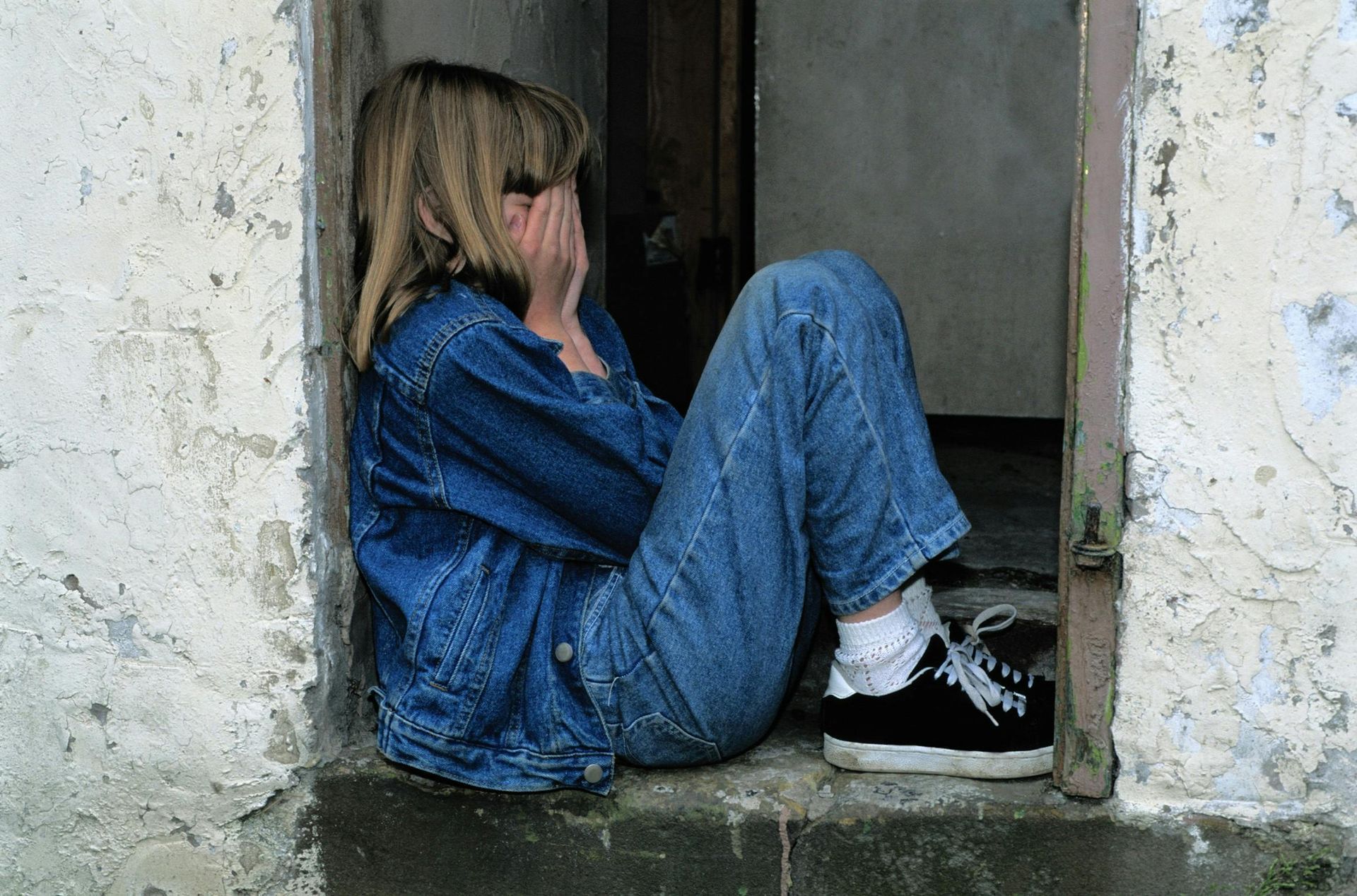Conscious Parents don't vaccinate, and other lies about Conscious Parenting
Top 5 Lies about conscious parenting

I want to start 2021 with my list of the top 5 lies about conscious parenting.
- Conscious parents are naturally patient.
I am living proof this is not true! When I want something, I want it yesterday.
But in conscious parenting, I own my side of the street. I am responsible for my own feelings and for self-regulating. This means I'm responsible for finding ways to calm myself down when I feel triggered. This means communicating directly with my children I find my patience is worn thin.
I may say to my kids: “I’m having a hard time right now because I am tired/worried/stressed/upset.” This let’s me model emotional awareness and taking responsibility for my own feelings and behavior, instead of lashing out at them.
2. Conscious parents allow anything.
This is a giant misconception. Without punishments, anything must be OK, right?
Nope! Conscious parents have gotten in touch with their deepest values as parents, so they have an easier time saying both YES and NO, because they know what is important in their parenting and why. This also makes them more flexible, because they understand what their longterm goals are for their children, which helps them be more creative in the moment in trying to meet those goals.
Conscious parenting means helping our children learn how to behave through learning and problem-solving, and not through fear.
3. Conscious parents create spoiled children.
This may be the biggest general societal misunderstanding—that children loved unconditionally will become monsters with no consideration other people’s feelings.
This is a gross misunderstanding of how love and behavior interact. Conditional love—showing love in response to certain behaviors—creates distrust, resentment, anger, and low self-esteem. On the other hand, unconditional love—love regardless of behavior—creates trust, respect, high self-esteem. Conscious parents create children who feel loved, and who know how to love others and themselves unconditionally. This is not narcissism, this is healthy.
4. Conscious parents are constantly selfless and prioritize their kid’s happiness over their own.
Society has unhealthy standards for parents—especially mothers—of continual martyrdom and self-sacrifice.
Conscious parents realize that selflessness will only get you burnt out and resentful. Conscious parents realize how much more fun parenthood would be as a full person--one who maintains interests and needs and hobbies and preferences!
Conscious parents realize that kids and adults both have needs, and the best solutions prioritize getting EVERYONE’S needs met.
5. Conscious parents don’t vaccinate.
Conscious parents know that everything has risks, but that the risks of non-vaccination are greater than the risks of vaccination.
I have studied medicine now for more than half my life, and I vaccinate myself and my kids. My colleagues who are physicians and nurses also vaccinate their kids.
We all have to make decisions with limited information, but this is a situation where a vaccine is better than no vaccine. Just do it.












